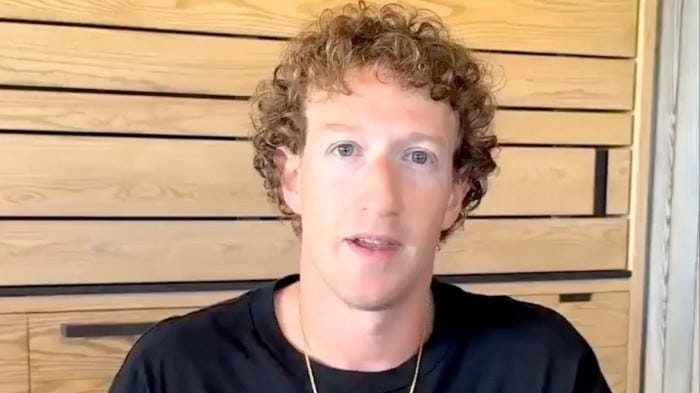As my friend Tim Worstall points out on his blog:-
One of those little things. I’m known – well, as far as I am known – as a fairly online sort of guy with more than a touch of pendantry. In a couple of areas I’m an actual experts as well.
I’m also regarded as pretty right wing (which I’m in fact not but there we are).
So, in this factchecking boom of this past few years, as they scoured the world for people able to do the work. How often did I get approached to see if I might be able to help, or would be interested in doing so?
You’re right, not once.
I’ve been reading Tim for years. He knows a whole lot about economics, and you won’t meet many people who can talk about the trade in rare metals, and in particular scandium. He has some views that you might disagree with, but he’s also very good at picking up on factual errors. Things where he can point to a reliable data source (like government statistics) and show that a writer got things wrong.
I have a take on this fact checking thing, which is that it’s all a bit like the Catholic League of Decency and the Hays Code for American movies (from Wikipedia)
After several risqué films and a series of notorious off-screen scandals involving Hollywood stars, political pressure was increasing, with legislators in 37 states introducing almost one hundred movie censorship bills in 1921. Faced with the prospect of having to comply with hundreds, and potentially thousands, of inconsistent and easily changed decency laws to show their movies, the studios chose self-regulation as the preferable option. In 1922, the Motion Picture Producers and Distributors of America (MPPDA) was formed. Will H. Hays was named the association's first president. The goal of the organization was to rehabilitate the image of the movie industry in the wake of the Arbuckle scandal and amid growing calls by primarily Protestant groups for federal censorship of the movies. "Hiring Hays to “clean up the pictures” was, at least in part, a public relations ploy, and much was made of his conservative credentials, including his roles as a Presbyterian deacon and past chairman of the Republican Party."
So, you had a new media (cinema) that was scared of what the old media (church) could do to it. Cinema was growing but church was the big power. To prevent the church from doing damage to them as new media, they had to hire bits of the church to give them a clean bill of health, so priests wouldn’t stand in pulpits and tell people not to go and see a particular movie. And so began the production code.
This carried on for many decades until the late 1960s. By which point, cinema became the dominant media. The power of the church to influence people’s lives had declined. Cinema didn’t need to play nice with the church any longer.
I think this is largely what is happening here. “Fact” checkers were not so much “fact” checkers as checks that whether the things on Meta, Twitter and so forth meets the approval of and therefore can’t be attacked by the old news media. The victories of Donald Trump show that the old news media are weak. Meta, X, Substack, YouTube, podcasts are now the Mainstream Media. They don’t have to play nice with the old guys any longer.




Insofar as the old news media were mouthpieces for the DNC, yes.